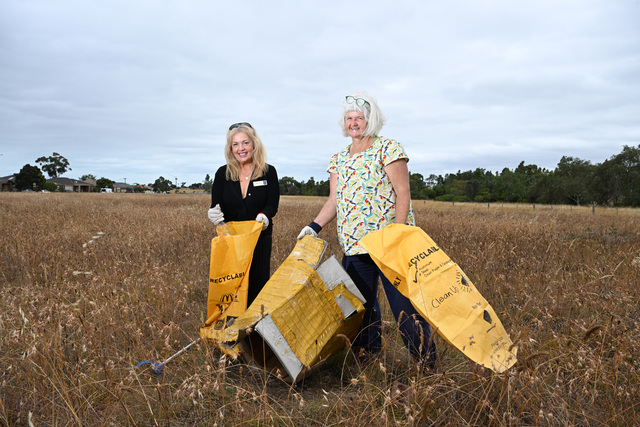Brimbank council adopted its final draft Lifelong learning Strategy 2024-29, aimed at improving learning outcomes across the municipality.
Council will continue to tackle unemployment in Brimbank, with the municipality recording rates well above the Victorian average.
Data from the 2021 census lists the unemployment rate for Brimbank at 7.9 per cent, compared to Victoria’s average of 5 per cent.
Council adopted the strategy at the most recent meeting on November 22, citing shortfalls in learning outcomes among Brimbank residents.
The strategy is a long-term approach taken by council to improve the social and economic outcomes of the community. The strategy recognises learning as a key driver for change.
Council noted there is still work to be done in a number of areas including, addressing the high number of children under five in Brimbank that do not meet developmental milestones as well as addressing the lower literacy and numeracy standards across all tested year levels in Brimbank compared to the Victorian average (NAPLAN).
Adults in Brimbank were also cited as being more than three times as likely not to have attended formal schooling compared to the Victorian average.
The strategy celebrates improvements achieved during the lifespan of the previous 2018-23 strategy such as a 3.7 per cent increase in residents who have completed year 12, and an additional 3.8 percent of residents now holding a Bachelor degree or higher.
Council received 10 submissions on the draft strategy, which raised matters regarding digital literacy safety, the need for an increased focus on disability and access support, the need for an increased focus on intercultural learning and the importance of brokering partnerships within the municipality.
Deputy mayor Jae Papalia described the strategy as one that was “extremely important” for the Brimbank community.
“It was really interesting reading the responses from the community and it was also great to see that all respondents felt represented, they agreed with the life stage approach, they agreed with the priority areas and they agreed with the guiding principles,” she said.

















